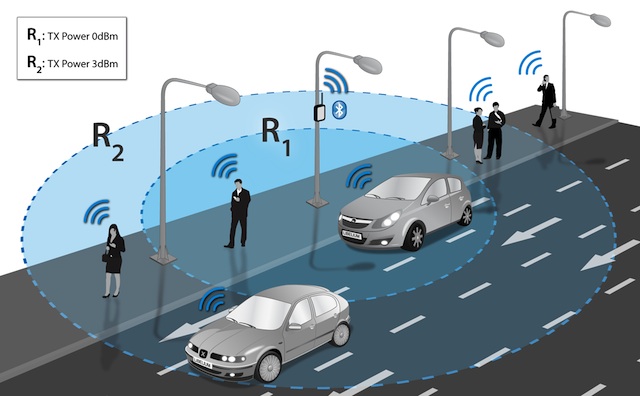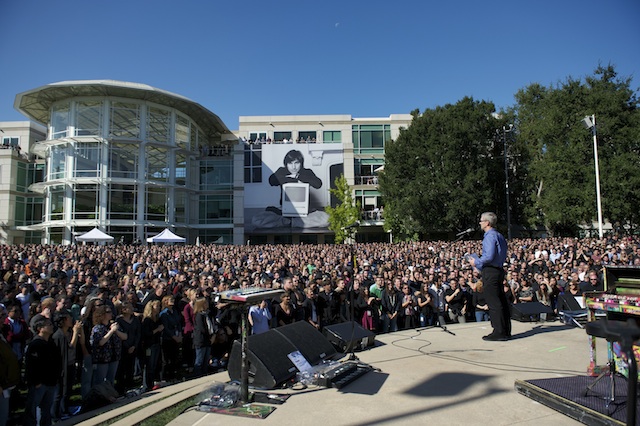Today’s links have a distinctly Chinese flavour around them with a look at how the country’s smartphone manufacturers are coming to dominate their market, Tencent’s plans for global domination and how property developers are looking to the internet to save their falling sales.
Uber and Microsoft make their regular appearances to round out the links in their changes to billing and security.
Chinese property developers turn to the web
Faced with declining sales, Chinese property developers embrace – the Internet!
How Chinese smartphone makers are beginning to dominate the market
The rise of China’s smartphone makers: 10 of the top 17 smartphone manufacturers now come from China.
An interview with Tencent
Business Insider has an intriguing interview with one of the VPs of Chinese internet giant Tencent.
In his Q&A, S. Y. Lau discusses how Chinese communities are seeing their incomes rise due to the internet. One of the famous case studies of connectivity are India’s Kerala fishermen who used SMS to arbitrage their market. We may be seeing a similar story with Chinese tea farmers.
Microsoft restrict warning of patches to paying customers
In a short term money grabbing exercise, Microsoft have unveiled a plan to only inform enterprise customers of upcoming security patches. My prediction is this won’t last.
Uber cuts prices
Car hiring service Uber has cut its fares in thirty US cities while guaranteeing drivers their incomes. This is probably a move to keep competitors like Lyft at bay.




